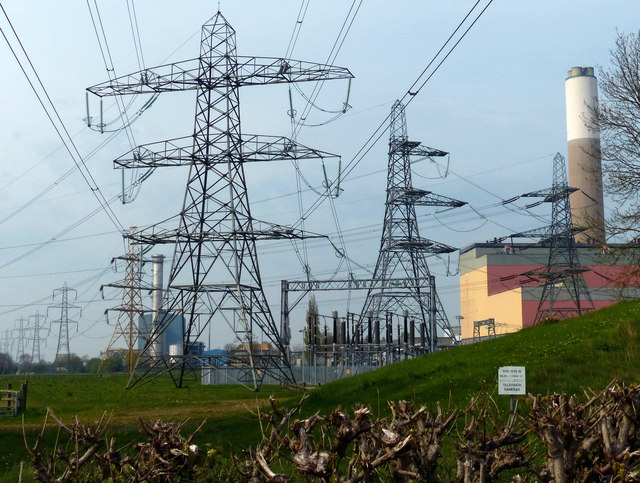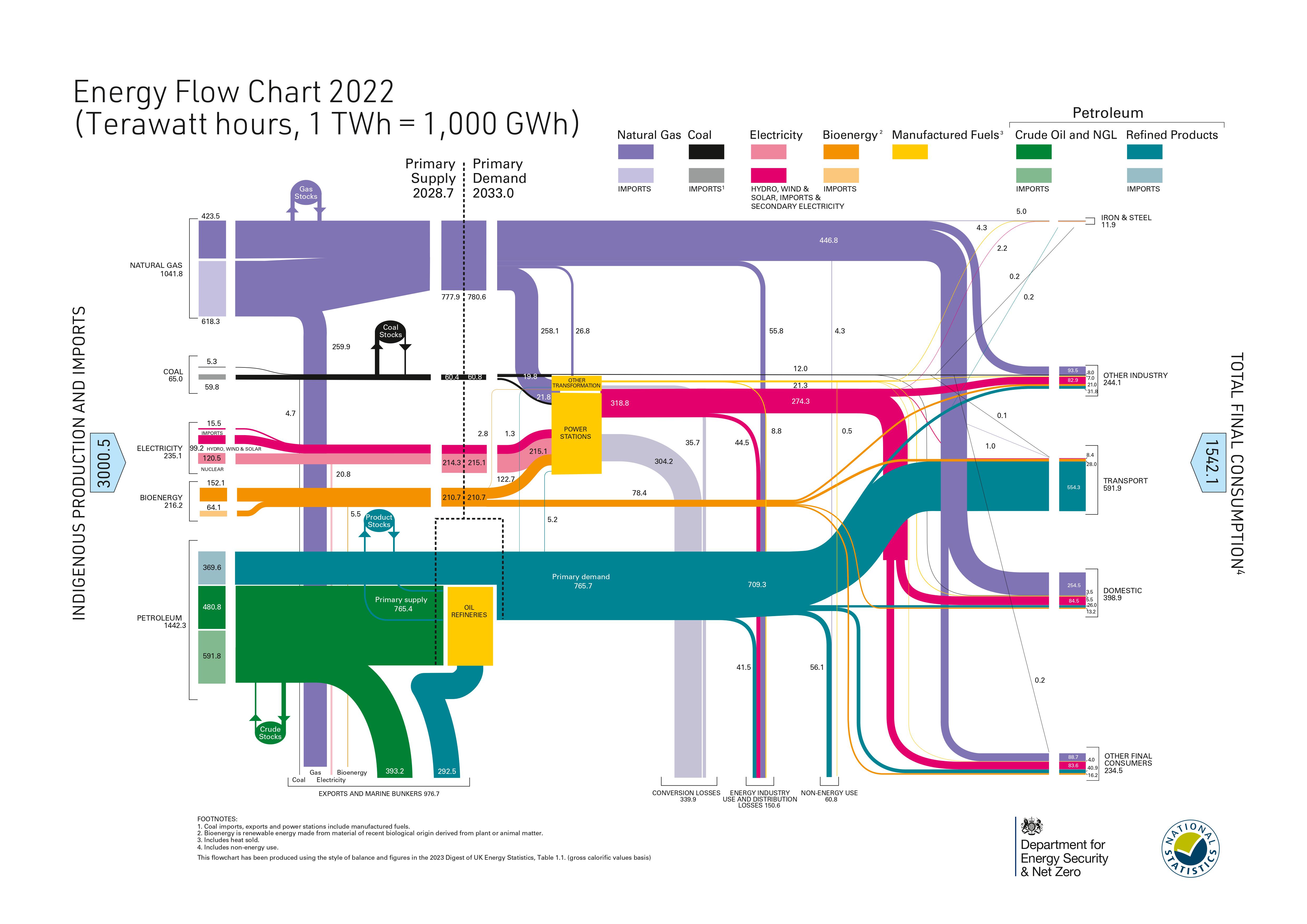Methane Reduction Strategies
- Details
- Hits: 108
 Methane Emissions Management will be far more beneficial than trying to reduce CO2
Methane Emissions Management will be far more beneficial than trying to reduce CO2
Well, let's look at the evidence:
"With the 2030 deadline to achieve the Global Methane Pledge to cut methane levels by at least 30% from 2020 levels, signed by 155 countries, now just over 5.5 years away, we need to urgently accelerate the expansion of biogas globally."
"Treating and recycling the 105bn tonnes of organic wastes generated by humans every year, of which 98% remain untreated and emitting methane as they break down, can deliver 50% of the Global Methane Pledge; sufficient green gas to replace one third of today’s fossil gas consumption; replace 105bn tonnes of inorganic fertiliser; provide sufficient nutrient to fertilise 700 million hectares of arable land and create 10-15 million jobs worldwide."
World Biogas Association {WBA} and supported in the UK by The Anaerobic Digestion & Bioresources Association {ADBA}
However the WBA's assertion will not include the other global sources of methane, and here we have a problem. So many claims of the "damage" but no real independent total of this hydro-carbon's presence globally. Indeed the theory of Abiotic Generation would seem to fit the evidence of large scale hydrocarbons in our solar system.
So where else is methane coming from on Earth?
Coal Mine Methane Emissions
DrivingDownCoalMineMethaneEmissions.pdf
Vulcanism
https://www.sciencedirect.com/science/
volcanism million of years ago methane thoughts
Methane Hydrates
Oil and Gas Industry
- Leakage and Failures
- scientists-detect-record-breaking-methane-leak-in-kazakhstan-the-largest-ever-documented
- We can say that there are others in this industry sector
- Natural Sedimentary Basins
- Darvaza Gas Crater
- Can we presume there are others?
Clearly these volumes of methane are astronomical! But no amount of 'government pledges' are going to control most of these naturally occurring 'contributions'! Indeed we should argue that the oil and gas industry needs to 'up their game' and control much more methane than they have done! To put methane to use within the realms of ENERGY PRODUCTION and TRANSPORT Fuels would seem to be a wise move(??).
Man vs The Sun and Solar System - NO contest
- Details
- Hits: 541
 WHY THEY HATE STONEHENGE: TEMPLE TO THE SUN: THE REAL REASON FOR CLIMATE CHANGE:
WHY THEY HATE STONEHENGE: TEMPLE TO THE SUN: THE REAL REASON FOR CLIMATE CHANGE:
The warming from the Sun is cyclical, it's NOT constant. The distance of where you are from the Sun is constantly changing because both the Earth's orbit around the Sun is irregular and the Sun itself wobbles due to the combined gravitational pull of all the planets together. Look at the Schwabe solar cycle of 11 years, the Jose solar cycle of solar Inertial Motion of 179 years, Eddy Solar Cycle of 1000 years, the Bray-Halstatt Cycles of 2300-2500 years, then look into the three Milankovitch Cycles. Short to medium term climate change: See Harmonics of the Solar Sytems Research 4th August 2022; CLICK HERE or see below
Solar Inertial Motion: the combined mass of the planets also moves both the position of the Sun and its activity through their combined gravitational pull, meaning the Sun moves around following the ever moving barycentre of the Solar system rather than being in a fixed central point in the middle Solar System. That is the key thing to understand: the Sun is moving around, wobbling in spiral like motion as it travels, it is not stationary. Once you understand that all medium term climate change can be explained simply because of the Sun's changing distance from the Earth.
None of this has anything to do with humans. None of this has anything to do with CO2. The models of the Solar System you grew up believing as a child were gross over simplifications. They conditioned you to believe that the Solar system has a fixed Sun position with a regular Sun activity with regular orbits, of which the Earth is one. Yet that is not the reality: not only the earth both tilts and wobbles as it orbits, but the orbit is a changing ellipse not a perfect circle, meaning the distance from the Sun is not constant.
These are the three Milankovitch cycles. Also other planets have irregular orbits. The combined effect of all these irregular orbits together pulls the Sun off centre of the solar system into the barycentre. A wobbling Sun is the real reason for short to medium term climate change, and an irregular earth orbit, tilt and wobble is the reason for long term climate change. And this is just the beginning of the story of irregularity in the Earth's orbit around the Sun, then there are cycles of Sun activity, making it stronger and weaker according to how close to the 11 year cycle of magnetic poles flip it is, next being in 2024, and how many Sun spots & Solar flares we are exposed to.
Then you need to factor volcanic activity, the Hunga-Tonga Hunga underwater volcanic eruption of January 2022 increased the water vapour in the stratosphere by 10%, this in itself will cause considerable warming of the planet in most regions. It's definitely not a simplistic neat black and white story of CO2, a minor greenhouse gas, as 95% of the earth's greenhouse gases are constituted by water vapour instead.
Humans have no power to determine either the orbit of the Earth around the Sun or the Sun's internal & external activity, or the water vapour in the atmosphere. Life adapts much more easily to higher temperatures and increases in CO2, particularly plants, vegetation, trees, plankton& phytoplankton, than it does to decreases in CO2. The real danger is a decrease of CO2, and a decrease in temperature, not an increase in either.
Once again, we have been deceived by a systematically corrupt scientific funding system linked to oligarchs interests.CO2 was always a control knob for economic prosperity, not climate.
Forget CO2 Water Vapour is the Climate Disruptor
- Details
- Hits: 717
 "Volcanic eruptions rarely inject much water into the stratosphere [See NASA Article Click Here]. In the 18 years that NASA has been taking measurements, only two other eruptions – the 2008 Kasatochi event in Alaska and the 2015 Calbuco eruption in Chile – sent appreciable amounts of water vapor to such high altitudes."
"Volcanic eruptions rarely inject much water into the stratosphere [See NASA Article Click Here]. In the 18 years that NASA has been taking measurements, only two other eruptions – the 2008 Kasatochi event in Alaska and the 2015 Calbuco eruption in Chile – sent appreciable amounts of water vapor to such high altitudes."
""The amount of water vapor injected into the stratosphere after the eruption of Hunga Tonga-Hunga Ha’apai (HTHH) was unprecedented, and it is therefore unclear what it might mean for surface climate. We use chemistry climate model simulations to assess the long-term surface impacts of stratospheric water vapor (SWV) anomalies similar to those caused by HTHH, but neglect the relatively minor aerosol loading from the eruption"". Footnote 1
""The simulations show that the SWV anomalies lead to strong and persistent warming of Northern Hemisphere landmasses in boreal winter, and austral winter cooling over Australia, years after eruption, demonstrating that large SWV forcing can have surface impacts on a decadal timescale. We also emphasize that the surface response to SWV anomalies is more complex than simple warming due to greenhouse forcing and is influenced by factors such as regional circulation patterns and cloud feedbacks"". Footnote 2
""This extra water vapor could influence atmospheric chemistry, boosting certain chemical reactions that could temporarily worsen depletion of the ozone layer. It could also influence surface temperatures."" NASA
Massive volcanic eruptions like Krakatoa and Mount Pinatubo typically cool Earth’s surface by ejecting gases, dust, and ash that reflect sunlight back into space.
In contrast, the Tonga volcano didn’t inject large amounts of aerosols into the stratosphere, and the huge amounts of water vapor from the eruption may have a small, temporary warming effect, since water vapor traps heat.
""The effect would dissipate when the extra water vapor cycles out of the stratosphere and would not be enough to noticeably exacerbate climate change effects."" NASA
The MLS instrument was well situated to detect this water vapor plume because it observes natural microwave signals emitted from Earth’s atmosphere. Measuring these signals enables MLS to “see” through obstacles like ash clouds that can blind other instruments measuring water vapor in the stratosphere. “MLS was the only instrument with dense enough coverage to capture the water vapor plume as it happened, and the only one that wasn’t affected by the ash that the volcano released,” said Millán.
The MLS instrument was designed and built by JPL, which is managed for NASA by Caltech in Pasadena. NASA’s Goddard Space Flight Center manages the Aura mission.Jane J. Lee / Andrew Wang
Jet Propulsion Laboratory, Pasadena, Calif.NASA
818-354-0307 / 626-379-6874
""With all the attention given to humans’ climate-warming carbon dioxide (CO2) emissions, you might be surprised to learn that CO2 is not the most important greenhouse gas affecting the Earth’s temperature. That distinction belongs to water."" MIT Study 3rd Nov 2023 Prof Emanuel - A climate Change Proponent
""We can thank water vapor for about half of the “greenhouse effect” keeping heat from the sun inside our atmosphere". Footnote 3
“It’s the most important greenhouse gas in our climate system, because of its relatively high concentrations,” says Kerry Emanuel, professor emeritus of atmospheric science at MIT.
“It can vary from almost nothing to as much as 3% of a volume of air.”
Compare that to CO2, which today makes up about 420 parts per million of our atmosphere—0.04%—and you can see immediately why water vapor is such a linchpin of our climate system.
So why do we never hear climate scientists raising the alarm about our “water emissions”?
It’s not because humans don’t put water into the atmosphere. Even the exhaust coming from a coal power plant—the classic example of a climate-warming greenhouse gas emission—contains almost as much water vapor as CO2Footnote 4.
"It’s why that exhaust forms a visible cloud. But water vapor differs in one crucial way from other greenhouse gases like CO2, methane {CH4}, and nitrous oxide. Those greenhouse gases are always gases (at least when they’re in our atmosphere). Water isn’t. It can turn from a gas to a liquid at temperatures and pressures very common in our atmosphere, and so it frequently does. When it’s colder it falls from the air as rain or snow; when it’s hotter it evaporates and rises up as a gas again.“
"This process is so rapid that, on average, a molecule of water resides in the atmosphere for only about two weeks,” says Emanuel.
"This means extra water we put into the atmosphere simply doesn’t stick around long enough to alter the climate; you don’t have to worry about warming the Earth every time you boil a kettle. And there’s really no amount of water vapor we could emit that would change this."
“If we were to magically double the amount of water vapor in the atmosphere, in roughly two weeks the excess water would rain and snow back into oceans, ice sheets, rivers, lakes, and groundwater,” Emanuel says.
Nonetheless, water vapor is an important part of the climate change story—just in a slightly roundabout way.
At any given temperature, this is a theoretical upper limit to the amount of water vapor the air can hold. The warmer the air, the higher that upper limit. And while the air rarely holds as much water as it could—thanks to rain and snow—Emanuel says that over the long term, rising temperatures steadily raise the average amount of water vapor in the atmosphere at any given time.
And of course, temperatures today are rising, thanks to humans’ emissions of longer-lasting greenhouse gases like CO2. {BUT, this statement is yet to be proven in a scientific or in empirical terms}
Water vapor amplifies that effect. {??}
“If the temperature rises, the amount of water vapor rises with it,” says Emanuel.
“But since water vapor is itself a greenhouse gas, rising water vapor causes yet higher temperatures. We refer to this process as a positive feedback, and it is thought to be the most important positive feedback in the climate system.”
In short, it’s true that water vapor is in some sense the “biggest” greenhouse gas involved in climate change, but it’s not in the driver’s seat. CO2 is still the main culprit of the global warming we’re experiencing today. Water vapor is just one of the features of our climate that our CO2 emissions are pushing out of balance—well beyond the stable levels humanity has enjoyed for thousands of years.
Expanding the Grid - a One Dimensional Strategy
- Details
- Hits: 1618
 First and foremost the UK has several grids:
First and foremost the UK has several grids:
- The National Grid {Electricity Pylons and Infrastructure} Electricity is a Secondary Energy Medium
- The Gas Grid {Natural Gas - mostly methane, but other gases too in this "mix"} Natural GAS is a Primary Energy Source
- The Aviation Fuel and Oil Pipelines {as Refined Primary Energy Sources}
- Fibre Backbone - Communication and Control {including some of the above}
"National Gas Transmission is the backbone of Britain’s energy system today and we are working to play a leading role in the transition to a clean energy future that works for every home and business. We own and operate the national gas network, delivering energy to where it is needed in every part of the country."
"Gas is currently a critical part of Britain's energy needs. We keep households warm and underpin their quality of life. For business, we fuel growth and innovation, and we are looking to the future by developing the hydrogen transmission system of tomorrow." {more about the problems with Hydrogen Transmission - at the expense of Natural Gas - later}
But the Electricity Grid has a large % of electricity provided by the GAS GRID!
- "More clean energy for all: The Great Grid Upgrade will enable the electricity grid to carry more clean energy to communities in every part of England and Wales, helping us all reach net zero faster."
- "A grid that's fit for the future: As we continue to reduce our reliance on fossil fuels and increase clean energy generation, we’ll be using more electricity than ever. That means we’ll need a grid that’s able to carry all this extra electricity to wherever we might need it."
These are great marketing "messages" {or social massages} but not everything here makes logical sense! Now that "fossil fuels" have been discovered on Titan!
"Saturn's moon Titan has hundreds of times more liquid hydrocarbons than ALL THE KNOWN OIL AND NATURAL GAS RESERVES ON EARTH, according to new data from NASA's Cassini spacecraft." Source NASA 2008 So can we all dispense with the misnomer "Fossil Fuels" now?
So here lies the nub of the problem; DISINFORMATION - and predominantly from Governments and many agenda driven agencies.
So we need a coherent and INCLUSIVE energy strategy;
that includes generation/production/discovery {of primary energy}, distribution, Delivery and Efficient Technologies!
First Major Issue is the INEFFICIENCY of our {Mainly} CENTRALISED POWER GENERATION SYSTEM.
 See previous articles to understand where the energy 'liberated' at the {traditional Power Station {Gas, Oil, Coal} Net Zero; EV Infrastructure Needs; Live Generation Mix - {this needs to be viewed at various times of the day & night}; AT BEST ONLY 35-40% of the Heat energy from Gas. oil or coal is used the generate ELECTRICITY {similar to the USA too}
See previous articles to understand where the energy 'liberated' at the {traditional Power Station {Gas, Oil, Coal} Net Zero; EV Infrastructure Needs; Live Generation Mix - {this needs to be viewed at various times of the day & night}; AT BEST ONLY 35-40% of the Heat energy from Gas. oil or coal is used the generate ELECTRICITY {similar to the USA too}
So Centralised Power Generation is INEFFICIENT - therefore Expanding the Electricity Grid need to be considered within this context. So National Grid powered EVs and Heat Pumps can never be considered efficient and comparable with other sources of DECENTRALISED ENERGY GENERATION. Indeed many more householders must turn towards their own "Off-GRID" energy provision {Solar Thermal Panels, Solar PV Panels, Small Scale Wind {VAWT} and even Mini/Micro Hydro where applicable.
But the fakery of the current messages - and artificially inflated energy prices to the consumer must be challenged. We are all being taken as fools! The false gods of Climate change, CO2 reductions, 'Carbon Capture', Net Zero, Climate Emergency, Fossil Fuels and Just Stop must be cast out {of the church of logic}!! All this is simply {false} marketing-hype! in fact the cynicism is so bad, that they have truncated CO2 [Carbon Dioxide] to simply "Carbon" - which is you and I - is this a cull of the Human Race??.
Page 1 of 4
